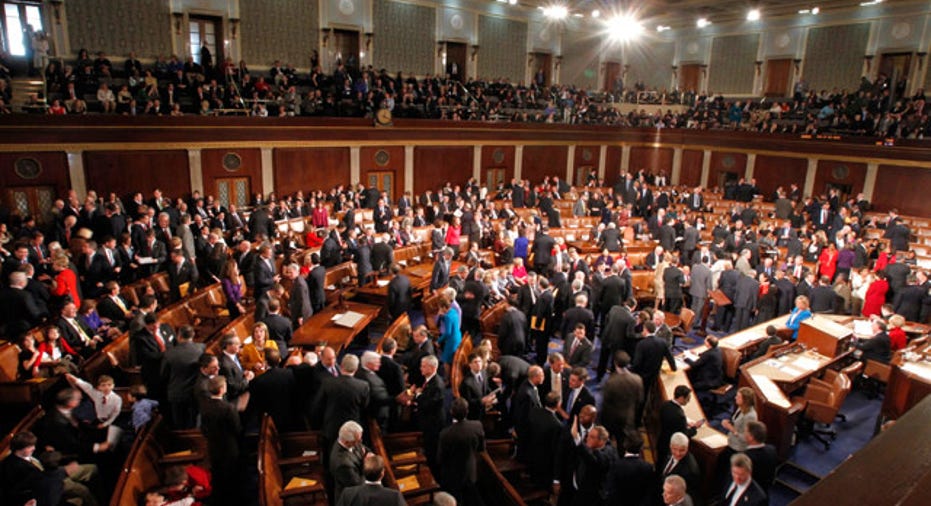The Slow, Steady Decline of Lawyers in Congress

Think you need to be a lawyer to become a senator or representative? New research from Harvard Law School shows that the percentage of lawyers in the U.S. Congress has declined dramatically since the 1960s. According to the research, after American Independence, over half of presidents, vice-presidents and members of Congress were lawyers. But as of 2015, less than 40% of Congress is made up of lawyers.
“This has been happening for a long time. This slow, gradual decline of lawyers” says Nick Robinson, who authored the new research and is a visiting lecturer of law at Yale University Law School.
The research attributes the decline in lawyers to two broad causes, the first being the rise of competing occupations. For example, post World War II brought a slew of political aides and those from civil society organizations (what the author describes as a professionalized political class) to run for office. Lawyers had to compete with candidates who had extensive political experience
Second, changes in the legal profession have pushed fewer lawyers to run for office. High barriers of entry into the field (four years at a top ten law school costs approximately $130,000) prevent many from pursuing a legal career, while the legal industry, as many scholars have written about, has increasingly become more commercialized and less about public-spirit.
One occupation that has seen an increased representation in Congress is medicine. Doctors now make up approximately six percent of Congress and skew heavily to the right. Many of these doctors expressed that their desire to run was to amend or repeal the Affordable Care Act.
Robinson’s research shows that 59% of presidents have been lawyers, but only four of the last ten had legal backgrounds. And the 2016 presidential election shows that the declining trend of lawyers in office might be stretching up to the Commander in Chief. Of the 15 candidates for president, the majority (8) do not come from legal backgrounds, and range from real estate (Donald Trump), to medicine (Dr. Ben Carson), and even evangelism (Mike Huckabee).
It’s unlikely that the trend will go away anytime soon; in fact, it could be starting even earlier in a young lawyer’s career. A 2014 survey of Harvard Law School students found that only 15% seriously considered running for office, yet 19% of students at the Harvard John F. Kennedy School of Government did.



















